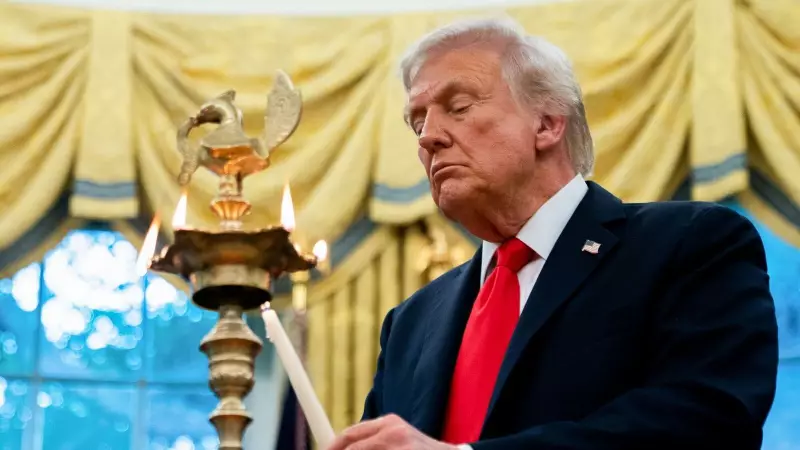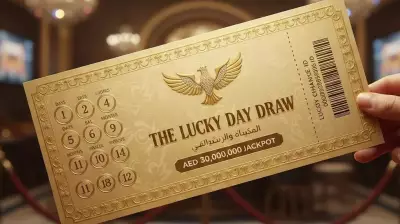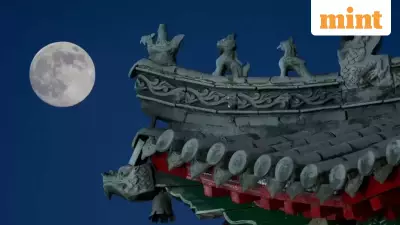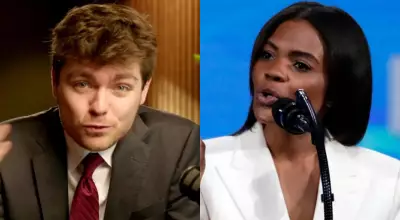
In a significant diplomatic and cultural gesture, former President Donald Trump marked the festival of Diwali with celebrations at his White House residence, simultaneously holding important discussions with Indian Prime Minister Narendra Modi. The high-level conversation between the two leaders covered critical bilateral issues that could shape the future of Indo-US relations.
Diplomatic Dialogue During Festival Celebrations
While the White House was adorned with traditional Diwali decorations, Trump and PM Modi engaged in a substantial phone conversation that focused primarily on trade relations between the two nations. The timing of this discussion during the Festival of Lights added symbolic importance to the strengthening partnership between the world's largest democracies.
Key Discussion Points Revealed
The leaders addressed several crucial matters during their conversation:
- Trade Relations: Comprehensive discussions on enhancing bilateral trade and addressing existing trade barriers
- Regional Stability: Clear communication regarding no military conflicts with Pakistan
- Economic Cooperation: Exploring new avenues for economic partnership and investment
- Strategic Alignment: Coordinating approaches to regional and global challenges
Cultural Significance Meets Political Diplomacy
The Diwali celebration at the White House represents more than just a cultural event—it signifies the growing importance of Indian traditions in American political circles. Trump's decision to host Diwali celebrations while simultaneously engaging with Indian leadership demonstrates the multifaceted nature of modern diplomacy, where cultural understanding complements political dialogue.
Implications for India-US Relations
This dual approach of cultural celebration and substantive political discussion suggests a deepening of the strategic partnership between India and the United States. The assurance of peaceful relations with Pakistan, coupled with focused trade discussions, indicates a mature handling of complex regional dynamics while pursuing mutual economic interests.
The event underscores how traditional diplomatic channels are being complemented by cultural exchanges, creating a more robust framework for international relations that acknowledges both political necessities and cultural sensitivities.





